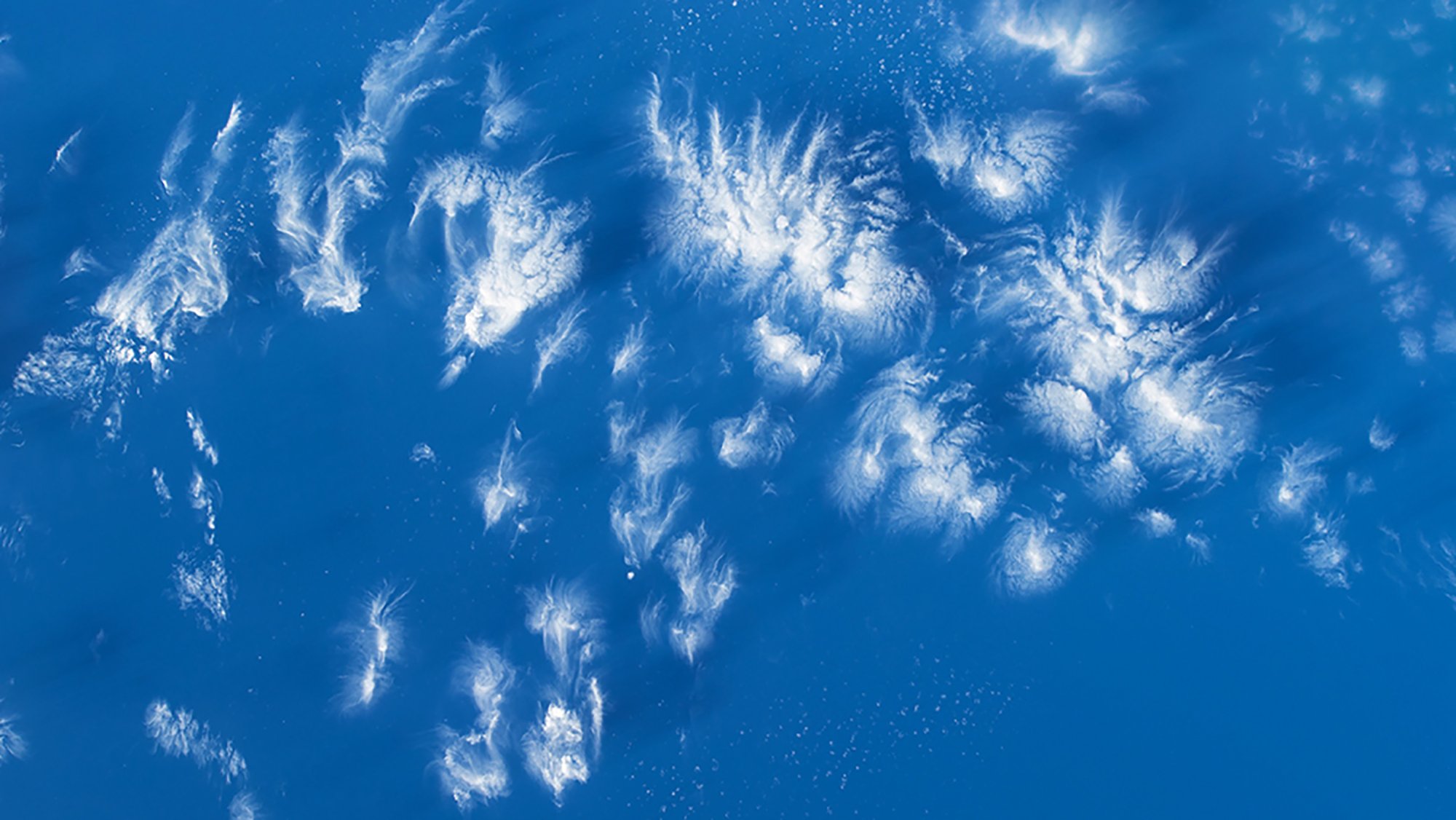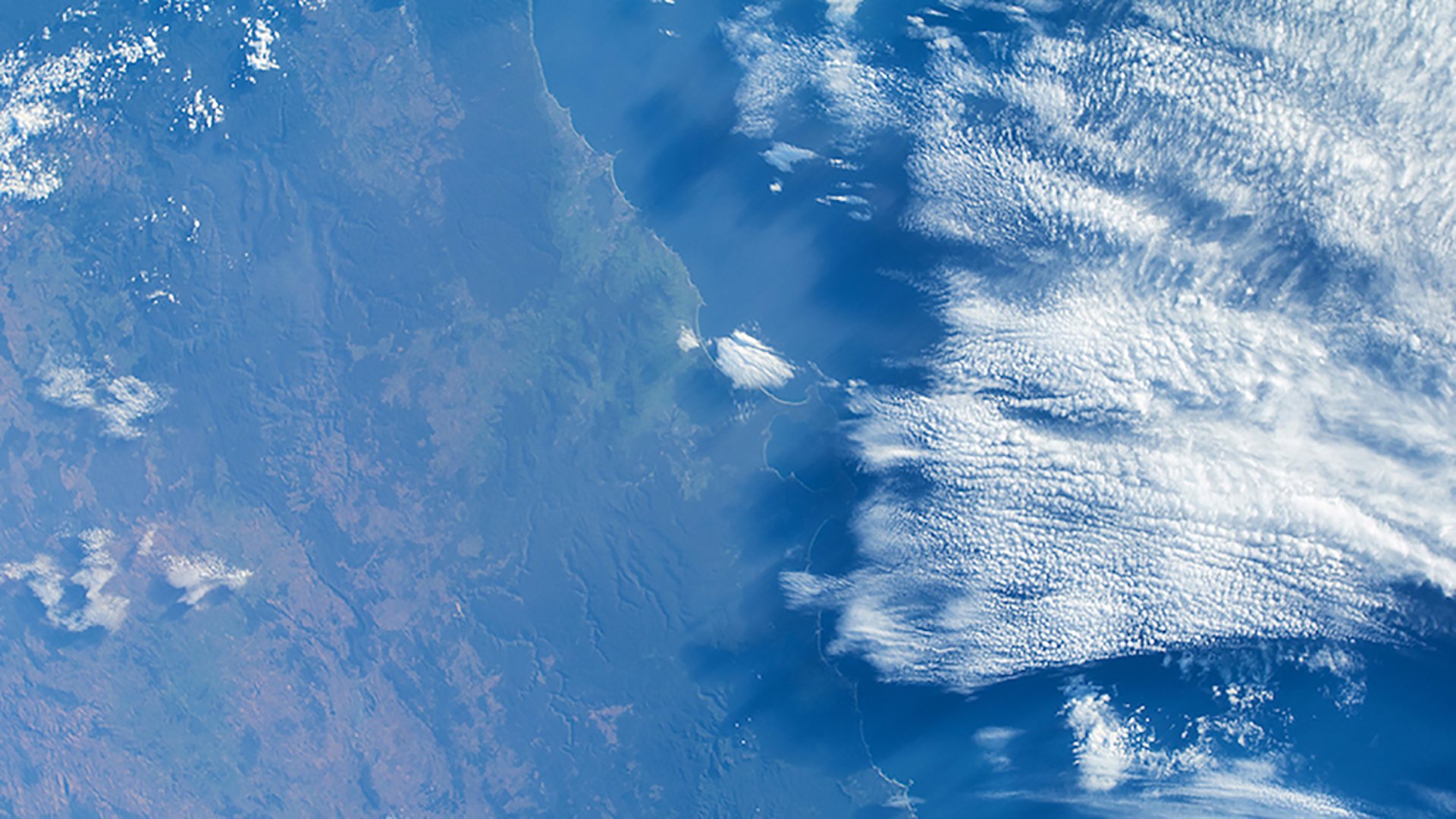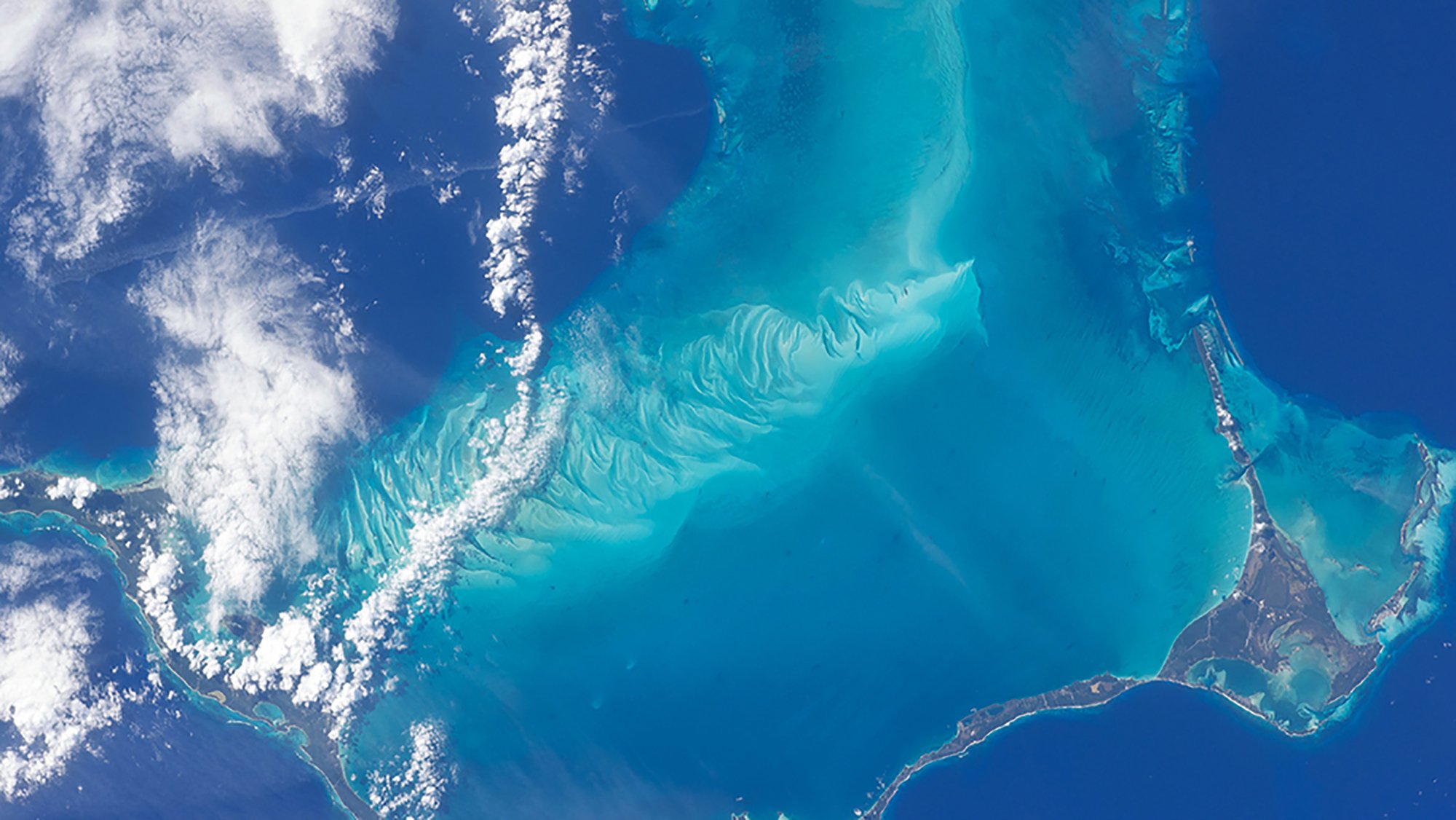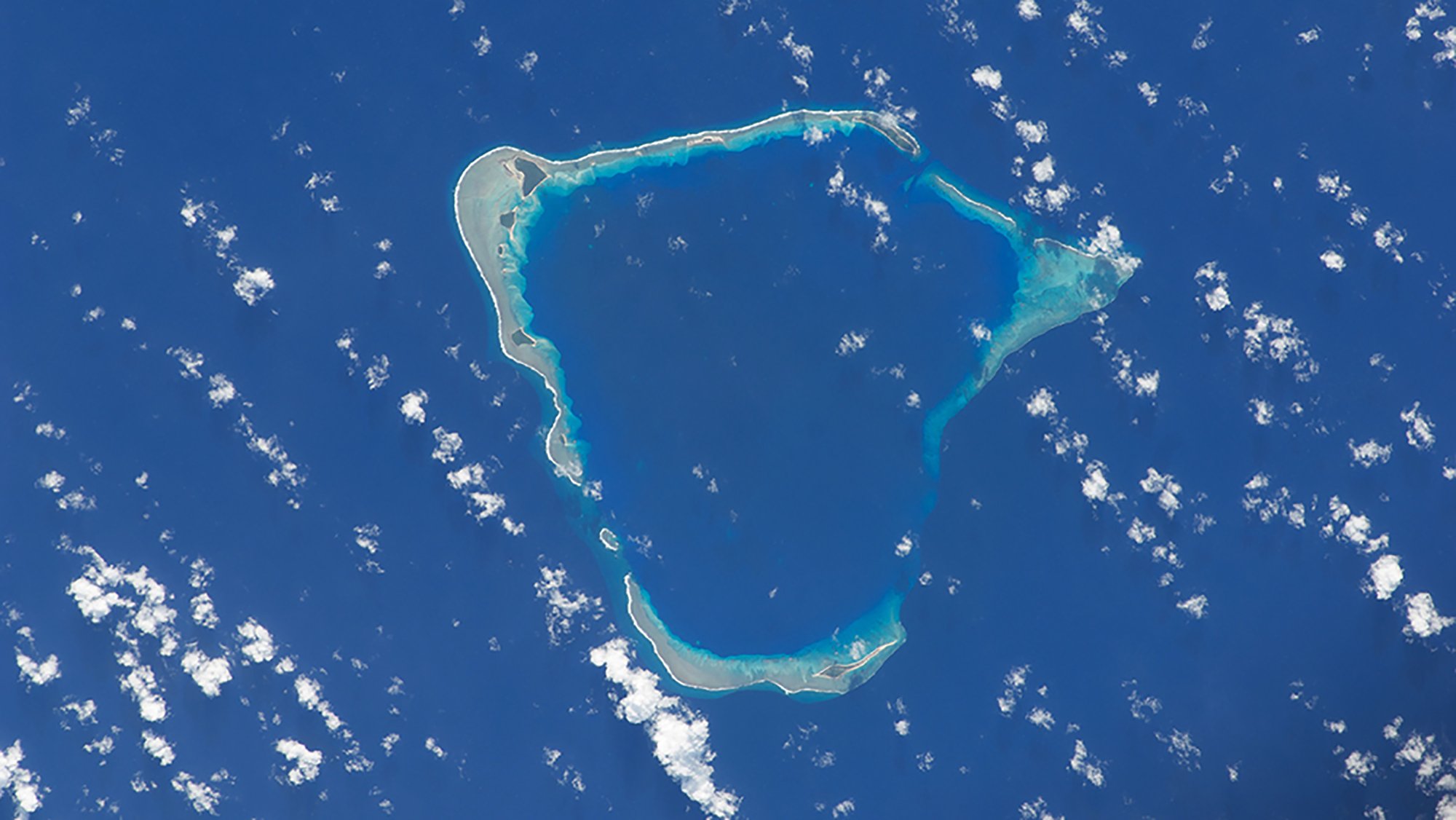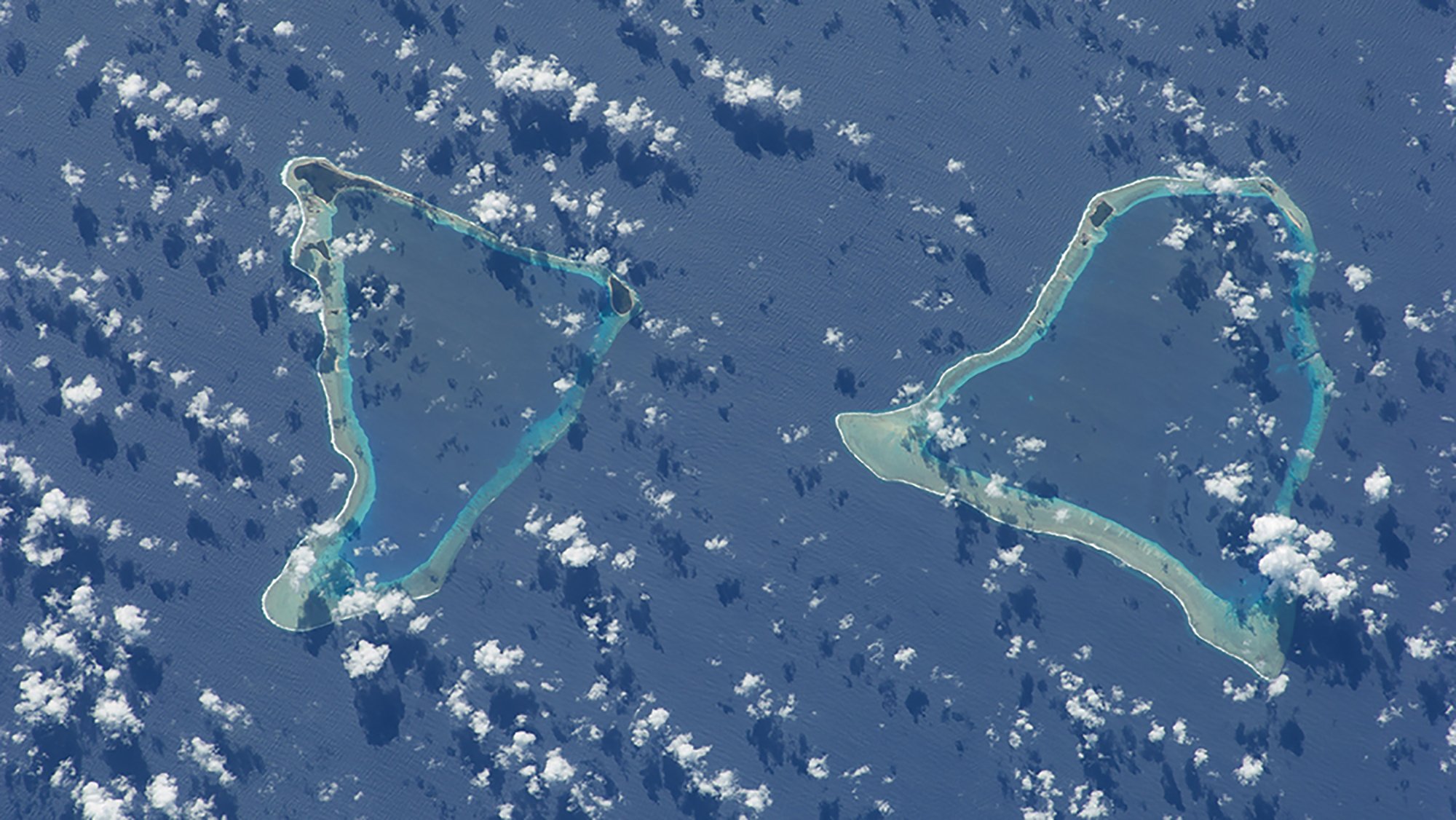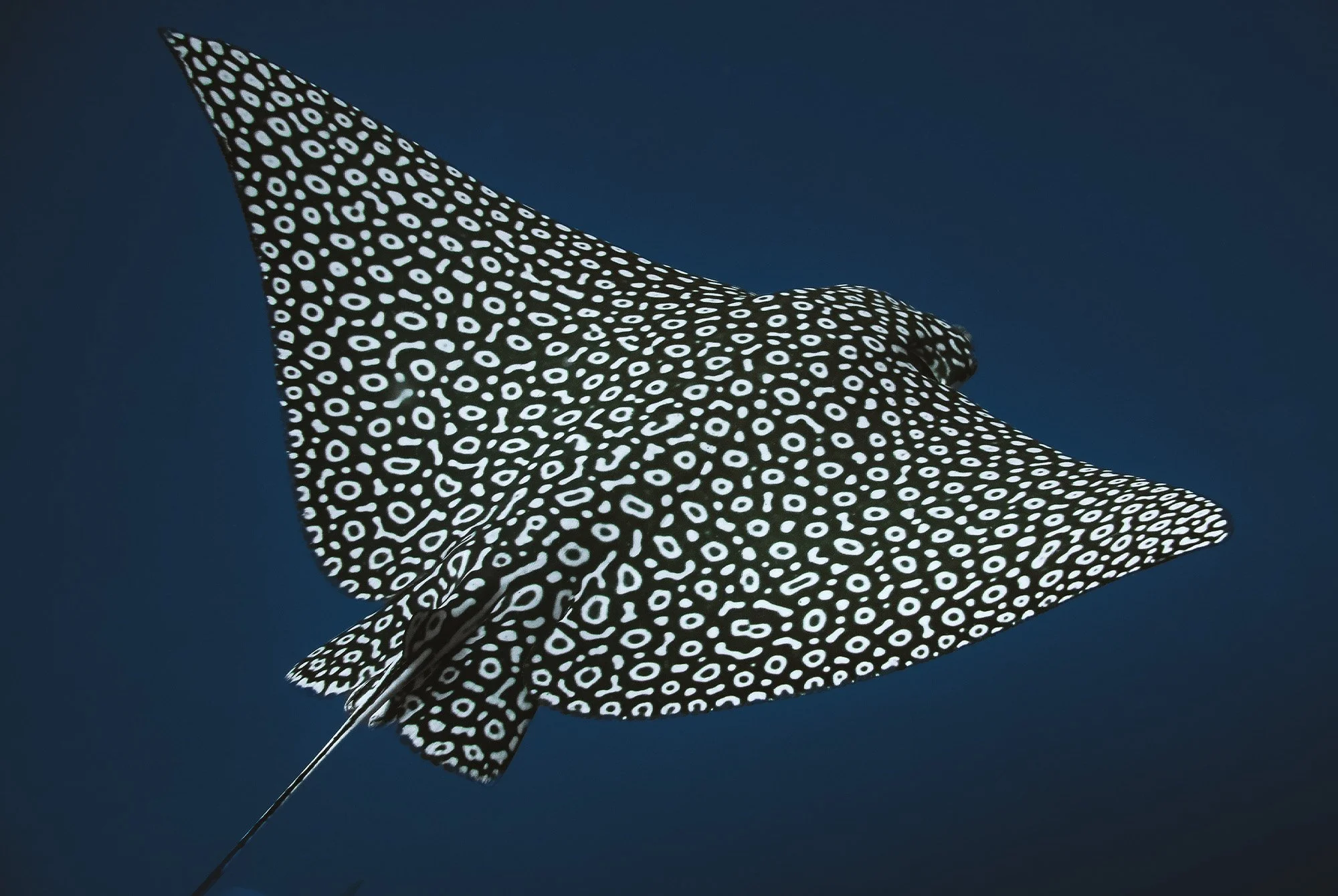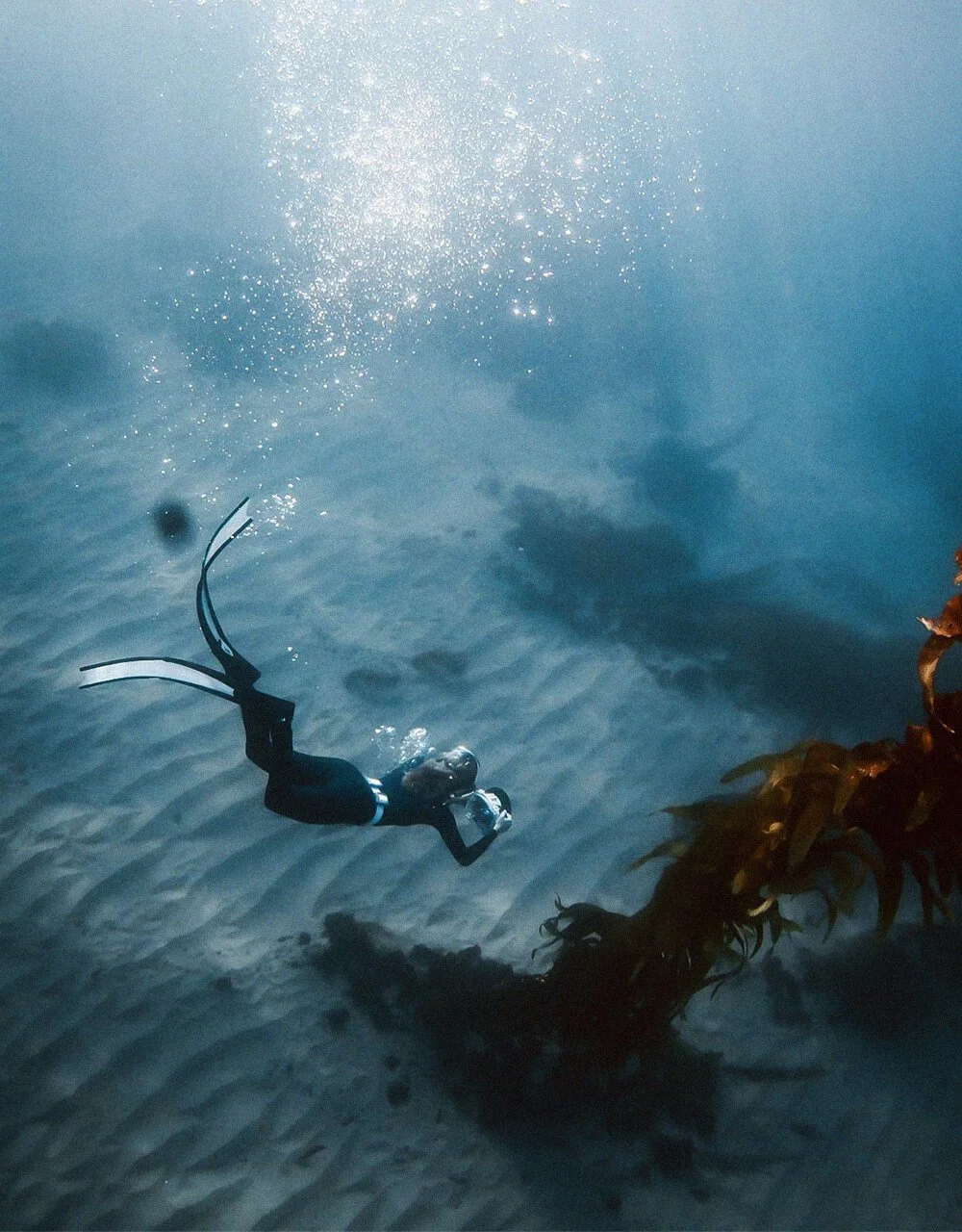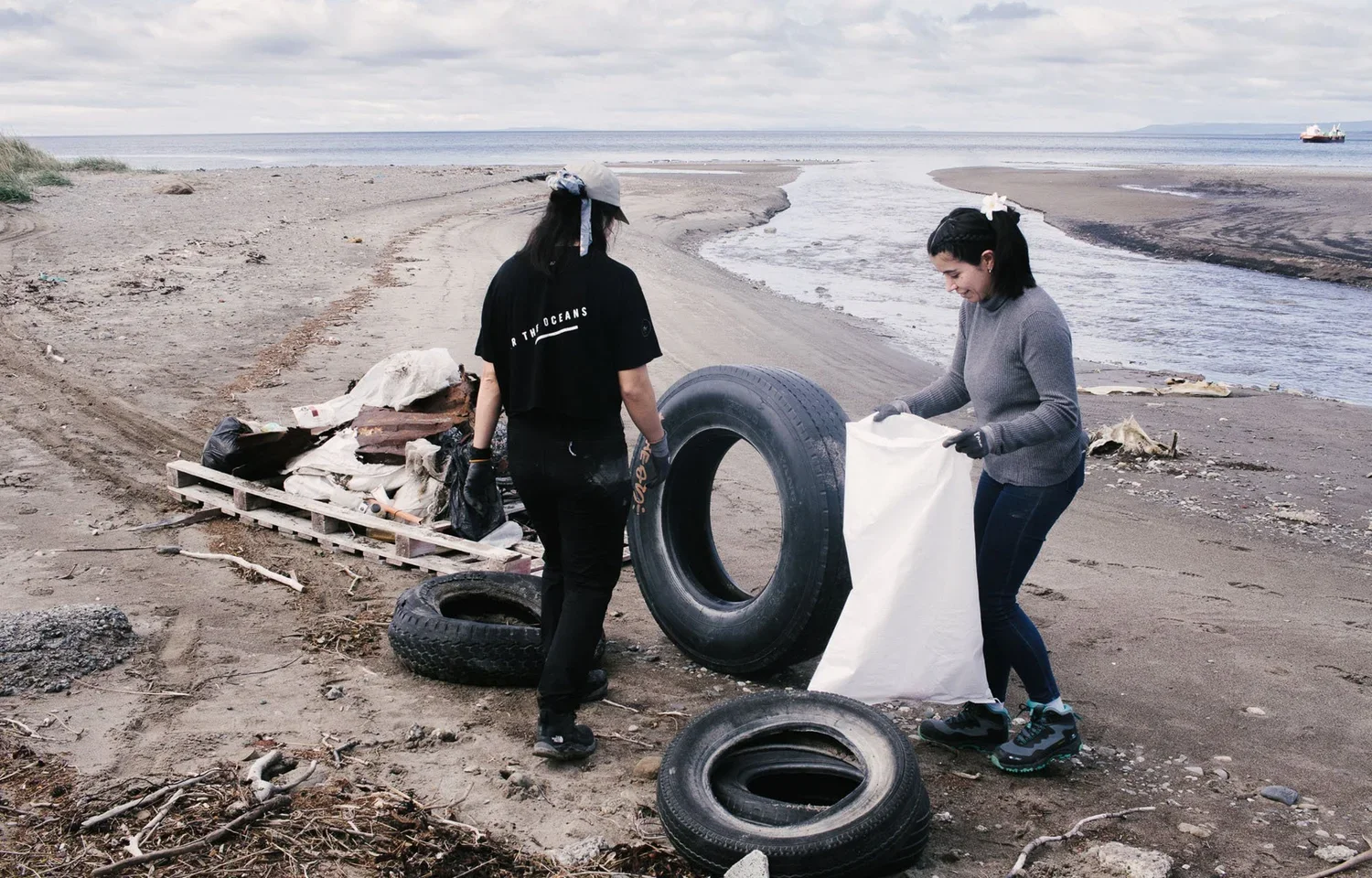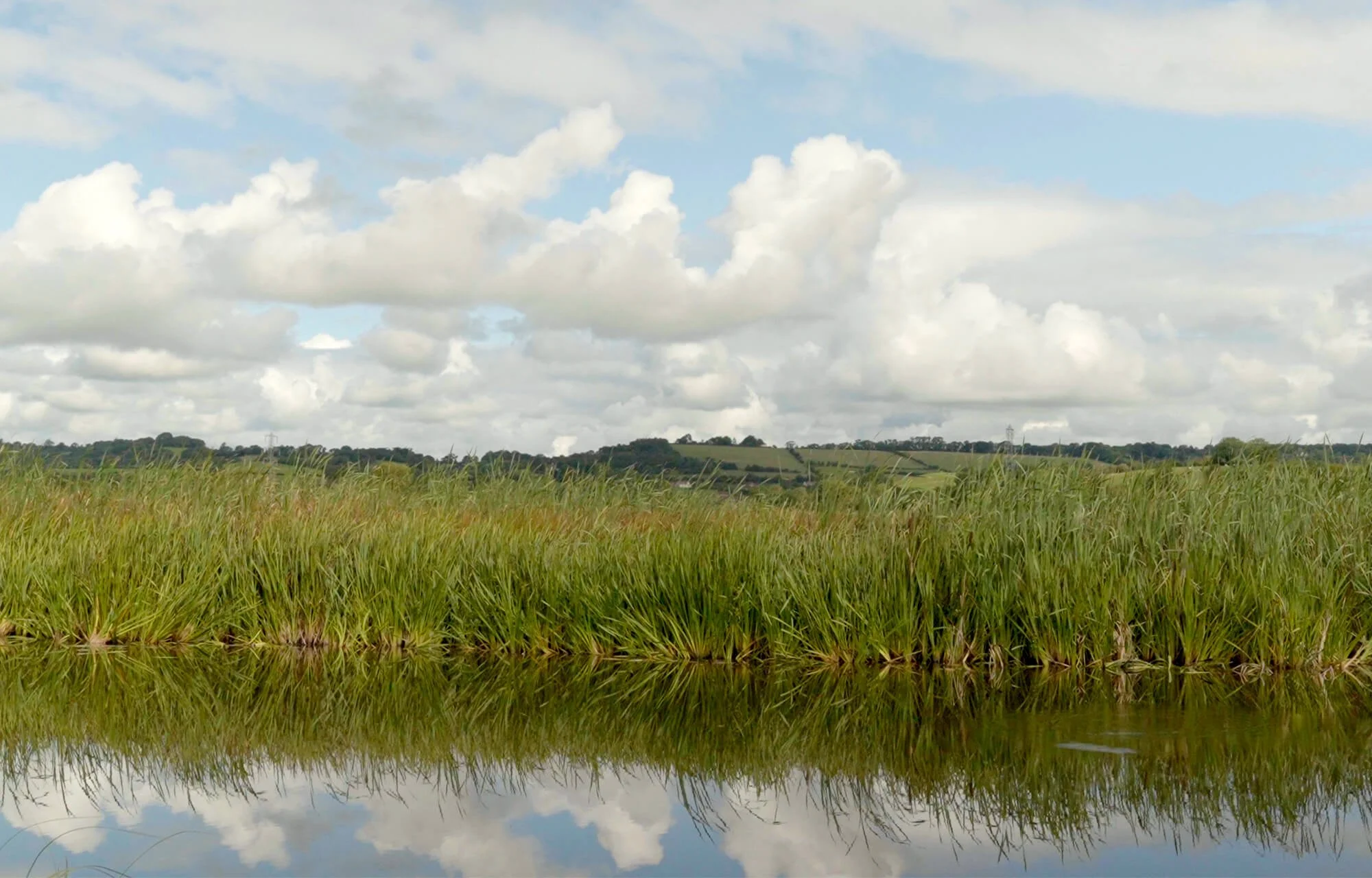Leland Melvin: Our Blue Planet Seen Off Planet
“I think about how we can take this message further, through the arts, education, engineering — all these things are so important. We can change our world in a positive way.”
LELAND MELVIN
If you were to orbit the Earth in the International Space Station, you’d get to enjoy a sunrise and sunset every 45 minutes. You would circumnavigate the globe in just about 90 minutes. The view out the window would reveal the incredible beauty of a finite planet. It would also reveal a lot of water; for about 75 percent of your trip, that view of Earth would be blue.
NASA astronaut Leland Melvin has seen the oceans from a vantage point few will experience first-hand: outer space. In his Parley Talk, Leland explains that "you almost need new definitions for blue" when viewing the oceans from hundreds of miles above the surface. Even in the outermost reaches of our atmosphere, it’s clear we inhabit an ocean planet.
Through a series of images taken from the International Space Station, Leland highlights the beauty and fragility of our oceans alongside evidence of their destruction in the Anthropocene, the many ways man has reshaped the surface of the Earth. With a focus on the arts, engineering and youth education, he offers a message of hope and optimism for our future. After all, as he puts it, “there’s a lot of love in the oceans.”
Learn more about Leland Melvin.
Watch live Earth views from the International Space Station.
#ParleyTalks
#fortheoceans
READ MORE
We catch up with Ximena and Florencia, leaders of a unique citizen science project tracking spotted eagle rays in the Mexican Caribbean.
In the first of a three-part series, photographer and freediver Avery Schuyler Nunn takes us into the heart of a kelp forest and explains her personal connection with these hidden ecosystems.
In this special edition of Field Notes, Parley Chile’s Liliana Plaza reports from the Las Minas River in one of the country’s southernmost cities.
Legendary photographer Paul Nicklen reflects on his deep reverence for the natural world in his new book. We speak with the Canadian conservationist about his life’s work, which reshaped the landscape of environmental photography.
In this special edition, Parley’s Global Education Director Antonia Mascarenhas shares an update from the heart of the Amazon rainforest.
We speak with the Japanese company about material innovation, the fashion industry and the importance of circularity.
This month, we check in with our riverboom program in South Africa, roll up our sleeves to clean up an illegal garbage dump in the jungles of Cozumel and explore an ambitious new program in Sri Lanka.
Every year, heavy trawling nets scrape an area of the ocean floor larger than the size of Canada – disturbing carbon stored in the seabed, destroying corals and sponges and decimating marine life.
This month, we check in with a landmark new program in the Maldives, plant some native beach vegetation in Seychelles and join two massive sea, surf and education events in Brazil.
We catch up with Rick Miskiv, whose underwater photography journey has taken him to capture incredible images in Palau, Baja, Tahiti, Belize and beyond.
We spent a day harvesting bulrush with Ponda, getting a close look at their revolutionary biomaterial.

